Legal Education In Ghana And The ‘250:1000’ Problem: A Closer Scrutiny (Part 2)
This article is the continuation of the one published ealier with the same title. In the previous Part, the argued, contrary to the suggestion of some “respected” senior lawyers and law teachers, that offloading professional law training program from the General Legal Council’s Ghana School of Law on to the universities is a flawed proposition to solving the 250:1000 problem. In this part, the writer seek to scrutinise other auxiliary arguments that appear to lend some form of support to the offloading proposition.
The Lawyer-Population Ratio Argument
A great man once said that America is great because it has many lawyers. Prominent in the discussion is the issue whether or not Ghana needs more lawyers. This question has a very high face value, no doubt. It often attracts an upfront answer: There are currently not more than 7,000 lawyers (including judges and non-practicing lawyers) in Ghana, a country of about 26 million people. This puts the lawyer-population ratio near 1:4,000; that is, one lawyer will serve about 4000 human clients. Therefore, Ghana is under-lawyered. Very! The answer then concludes that the under-lawyered situation is the cause of the poor justice delivery system in the country.
Kindly permit me to say that the question, the popular ‘Ghana is under-lawyered’ answer it often attracts, and the alleged effect of poor justice delivery, are all bereft of rigourous scrutiny. To calculate a country’s need of lawyers by simply dividing the population size by the number of lawyers is to be a bit simplistic or naïve. Similarly, going ahead to attribute the poor justice delivery system in the country to the lawyer-population ratio could only be a result of a sorry analysis.
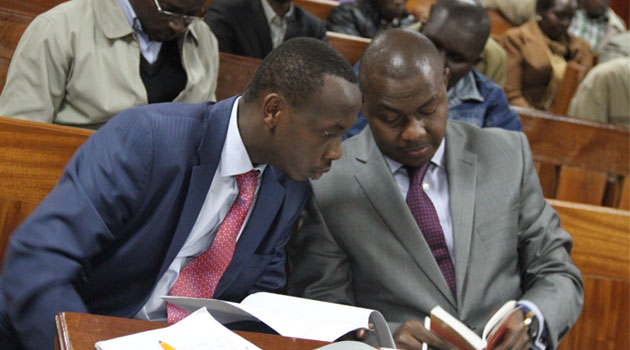 It is true that lawyers are trained to administer justice. But it is also very true that lawyering is an economic venture like any trade. Few lawyers do take up cases because of their desire to see the ends of justice. But, truly and as you could see all around you, all lawyers go in for the pecuniary reward – money. Therefore, any serious analysis of a country’s need for lawyers must include the ability of the population to afford (in pecuniary terms) lawyers and the services they provide.
It is true that lawyers are trained to administer justice. But it is also very true that lawyering is an economic venture like any trade. Few lawyers do take up cases because of their desire to see the ends of justice. But, truly and as you could see all around you, all lawyers go in for the pecuniary reward – money. Therefore, any serious analysis of a country’s need for lawyers must include the ability of the population to afford (in pecuniary terms) lawyers and the services they provide.
A cursory look at the Ghana Bar Association’s scale of fees, which is just a fraction of the cost of legal services, and a hint of the fact that nearly a half of Ghana’s population live on less than a dollar a day would disclose a slight idea of the number of persons who are able to afford professional legal service in Ghana. One may wonder why lawyers are concentrated in the big cities – Accra, Kumasi and Sekondi-Takoradi – while the entire three northern regions put together do not have more than 30 lawyers.
This startling situation is not different from what persists elsewhere. The United States and the United Kingdom are often cited as countries with very impressive lawyer-population ratios. But even there, lawyers are all found in the few big cities, leaving the vast population outside the cities starved of lawyers. The explanation to this phenomenon is not far to find – the big cities move money; and money (rather than justice) move lawyers.
Therefore, the suggestion that an increase in the number of lawyers necessarily result in a better access to justice is as false as the claim that transferring the professional aspect of legal training from under the auspices of the General Legal Council to the universities will better the lot of the LLB holder. Let us not mince words, the probability that even 1 million new lawyers in Ghana today will all find themselves in 3 cities is very real. A visit to the Attorney-General’s Department will probably put this aspect of the matter to rest. The attrition rate among State Attorneys who get transferred to outside the 3 cities runs through the roof as compared to those who are retained in the cities.
The ‘invisible-hand’ Argument
 Auxiliary to the lawyer-population ratio argument is the argument which suggests that the General Legal Council is merely refusing to enrol more persons at the bar because of the fear that there would eventually be fewer jobs for many lawyers, thus reducing the value of lawyers and their profession. The makers of this argument rely on something similar to the economist’s metaphor of the ‘invisible hand’, namely, that the best lawyers will attract all the jobs notwithstanding the numbers and even without any external control of the numbers. This argument may be true; after all, water will always find its level. But this argument, too, is a bit myopic as it is very private. Deciding how many lawyers a country requires is a public policy decision rather than a private one.
Auxiliary to the lawyer-population ratio argument is the argument which suggests that the General Legal Council is merely refusing to enrol more persons at the bar because of the fear that there would eventually be fewer jobs for many lawyers, thus reducing the value of lawyers and their profession. The makers of this argument rely on something similar to the economist’s metaphor of the ‘invisible hand’, namely, that the best lawyers will attract all the jobs notwithstanding the numbers and even without any external control of the numbers. This argument may be true; after all, water will always find its level. But this argument, too, is a bit myopic as it is very private. Deciding how many lawyers a country requires is a public policy decision rather than a private one.
Germany, a country which, unlike Britain and France, has no foreign territories on which to rely for the supply of cheap raw materials, is able to withstand the recession that has ravished other European countries like Spain, Greece, etc. This is attributed, mainly, to the decision taken several decades ago by Germany’s leaders to place more emphasis on technical education than on liberal arts education.
Policing making is often liken unto attention span of the mind – the more you give to one thing the less you have left for others. The more Ghanaians we have enrolling as lawyers, the fewer of them we have left to become engineers, medical doctors, architects, planners, farmers, etc. Then the question comes: why on earth would Ghana, a country so fraught with huge economic, health and infrastructural challenges, be interested in promoting a policy that will occasion an explosion in its population of lawyers?
For the records, lawyers do not produce tangibles. Lawyers consume; they import and consume exotic goods. By the nature of their work, lawyers only feed off the pliers of other professions and trades. It, therefore, may be true that lawyers help build strong economies. But it is also true that lawyers do not do it better than engineers, planners, farmers, scientists, etc. So, while it may be true that America is great because it has many lawyers, it is more true to say that America is great because it has many engineers, many health practitioners, many cleaners, many soldiers, and many more people who produce tangibles.
Closing
Indeed, reading for a law degree is very expensive, financially. The mental fortitude and commitments required to read law is even greater. When given the required attention, it divorces you from all things other than itself. It wears you out! Only a negligible section of law students make it their aim to be something other than lawyers. It is therefore painful to go through an LLB program and not ending up as lawyer when one does not belong to that negligible fraction who set out to read for a law degree just for the knowledge. All efforts must be made to get as many as desire to be lawyers to be lawyers. However, transferring legal education from licensing authorities to the universities has never been one of the known ways of increasing enrolment at the bar. It will not solve the 1000:250 problem.
By: Justice Srem-Sai, Law Lecturer at GIMPA
This post has already been read 1299 times!


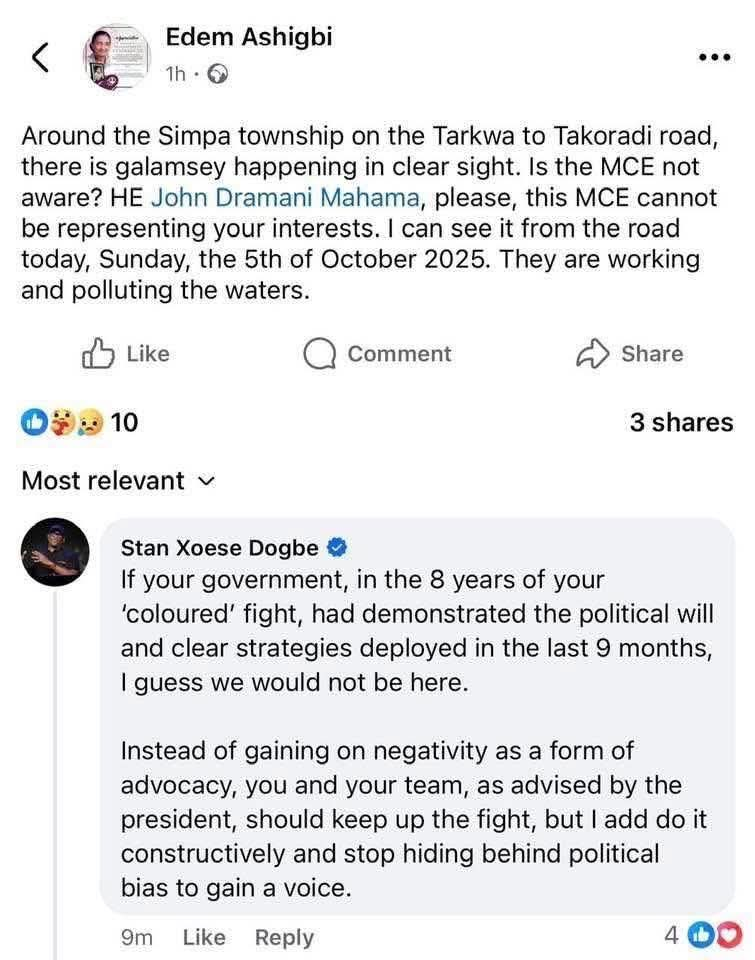
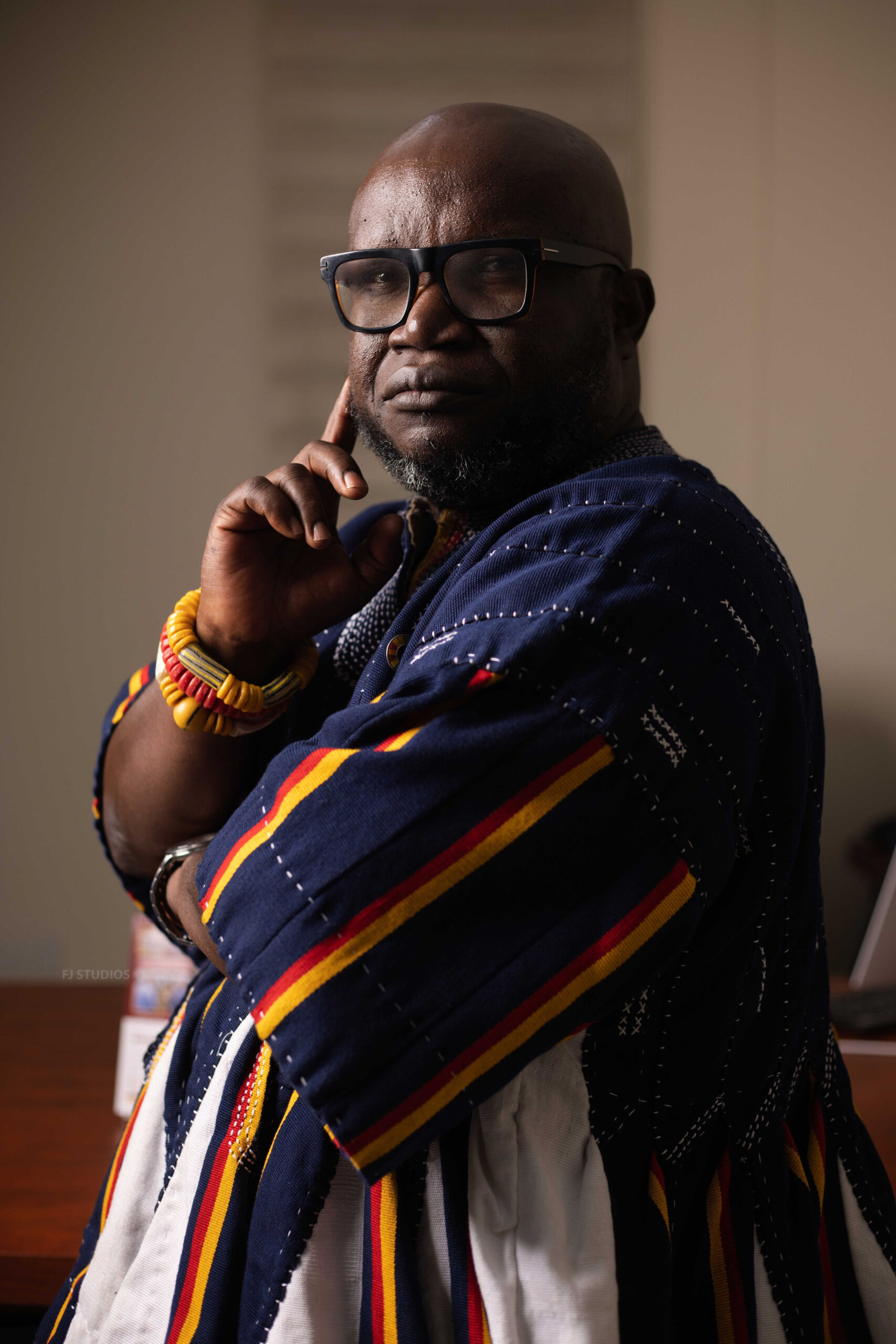

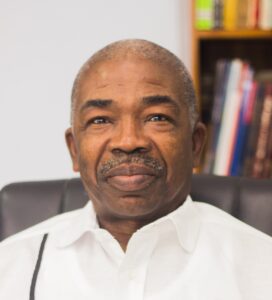
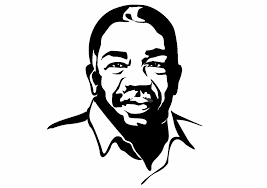

Post Comment